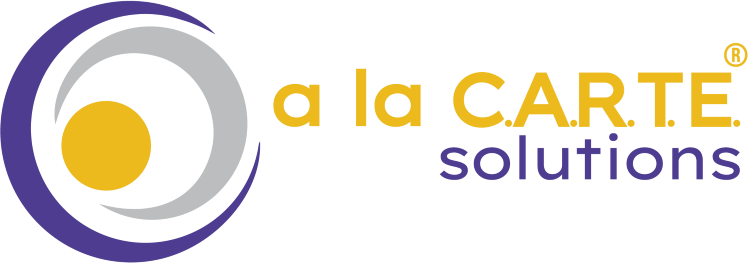
Savvy Employers Look Beyond Resumes for Star Candidates. And Star Candidates Know It.
Although unemployment rates are at all-time lows, and really good people are still really hard to find, employers are being very cautious about finding the right person to fill their position. The cost of making the wrong hire can be astronomical. Smart employers know this, and are looking beyond resumes to find clues about how candidates will perform. Good candidates expect this, and present themselves well beyond what’s on that piece of paper.
Loyalty and integrity to employers. If a candidate is currently employed, how he/she navigates through a potential transition may give clues about their professionalism, maturity, and integrity. A candidate that doesn’t insist on giving their current employer ample notice might prove unprofessional once on the job. What’s to keep them from doing the same to you as an employer when that time comes? At the same time, if the candidate is looking to take an unplanned, 8-week vacation when they know you have an immediate need, they may be lacking empathy, conscientiousness, or both. It’s a fine line, and navigating through the transition often requires a level of sophistication and maturity on the part of the candidate. If those attributes are important to you as an employer, assess how the candidate is handling the transition.
Just the right amount of confidence and decisiveness. Does the candidate appear to know what he/she wants when it comes to compensation, responsibility and development? Strong candidates have done a good amount of soul-searching. They generally have a good grasp of where they want their careers to take them, at least in the short-term. They know what they are worth and are not afraid to ask for it. They are confident because they know what they want. They are decisive. Not wishy-washy. Those characteristics will likely transfer into the workplace, which is a good thing. That said, a good candidate should be reasonable, not just assertive, in communicating their desires. Making demands way beyond the scope of the position is likely a sign that the candidate doesn’t care whether the position is ultimately a good fit for them, or for you.
Actions speak much louder than words. If a candidate says they have decided to leave their current employer, their actions should follow suit. They should be willing to make time during your business hours to meet with you and your team. They should also be available outside business hours if that becomes necessary. If a candidate is not making him/herself reasonably available to you, you should question how much they really want the job you are offering or whether they have even made a solid decision to leave their current job. Serious candidates will take a day off, move appointments around, and do whatever they can to schedule time with a prospective employer.
It’s not done until it’s done. Is a job offer a job offer if it isn’t in writing and signed? No. Has a job offer been accepted if it hasn’t been signed and returned? No. These details matter. Anything can change as employers and candidates are negotiating. Put pen to paper to ensure both sides mean business, and don’t make any changes in your plans as a candidate or as an employer, until that happens. Employers that turn potential candidates away before their chosen candidate has accepted their offer might find themselves starting from scratch with their search if things don’t pan out. Candidates that give notice to a current employer before receiving a written, signed offer letter risk being left without a job on either end. It’s unbelievable, I know. But I’ve seen it happen.
Communication – you’re not talking to your friends. Whether it’s email, voicemail, oral conversations, there should be a clear difference in the way you communicate with a candidate and/or potential employer and your friends. Communication between employers and candidates should be professional, purposeful and well-thought out. Check your spelling and your grammar. Speak clearly and articulate. Text messaging is still unchartered territory and may be perceived as unprofessional to some employers and candidates – better to stick with email instead. Be responsive and follow up in a timely way. That said, don’t smother or inundate the person by expecting late-night or early morning responses.
I’ve seen some great employers make huge hiring mistakes by failing to see some of these clues. And I’ve seen some incredibly talented candidates passed up because they didn’t pay enough attention to their overall presentation. Maybe if both paid more attention to some of these characteristics, really good companies will hire really good people faster and more often.










